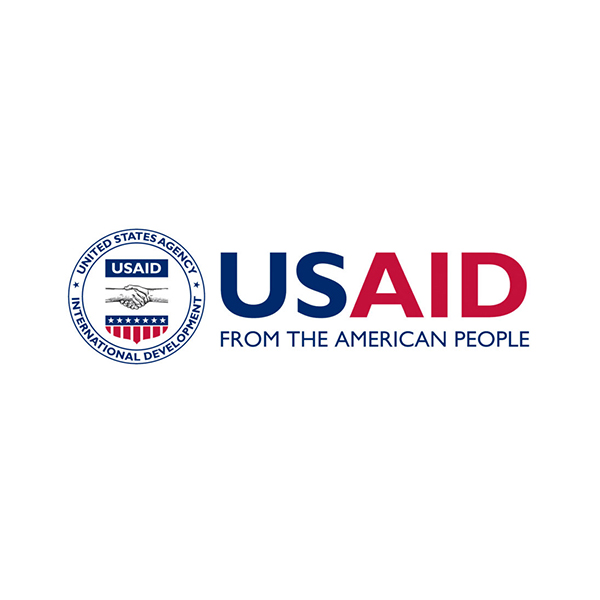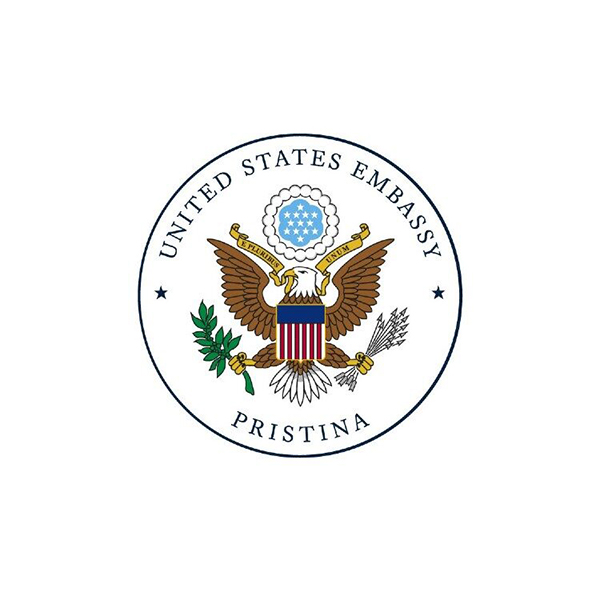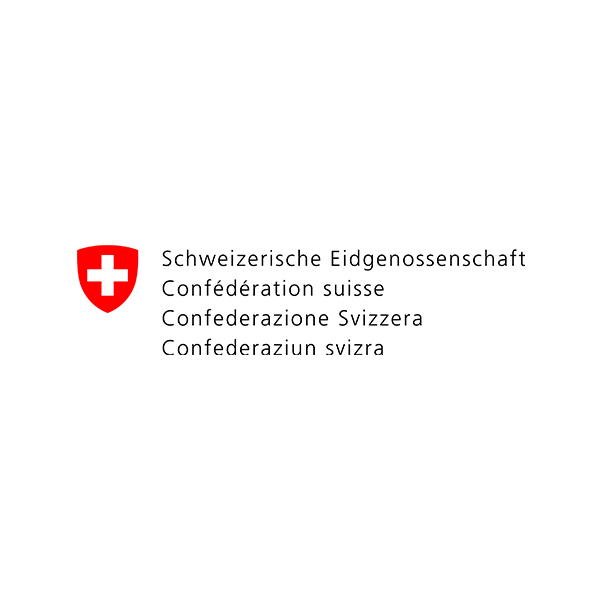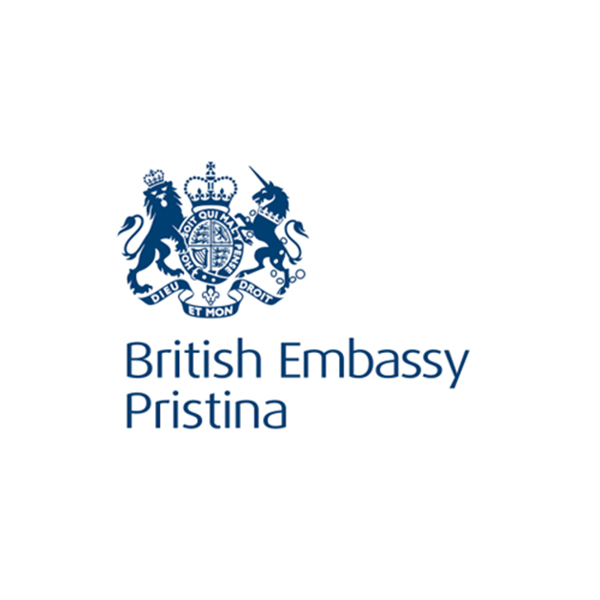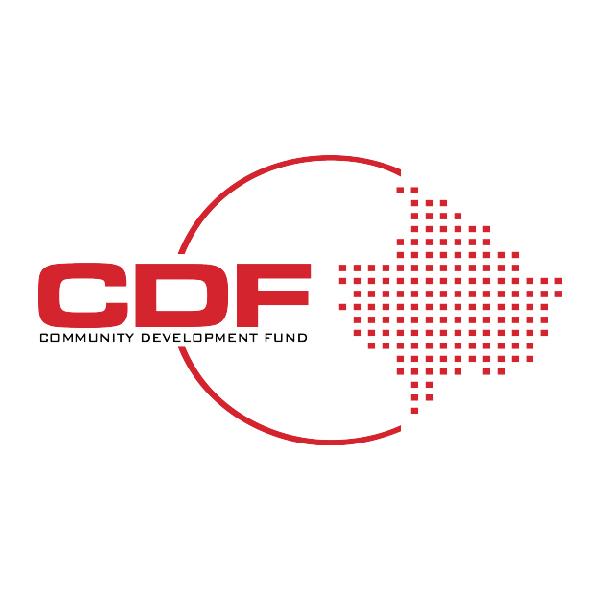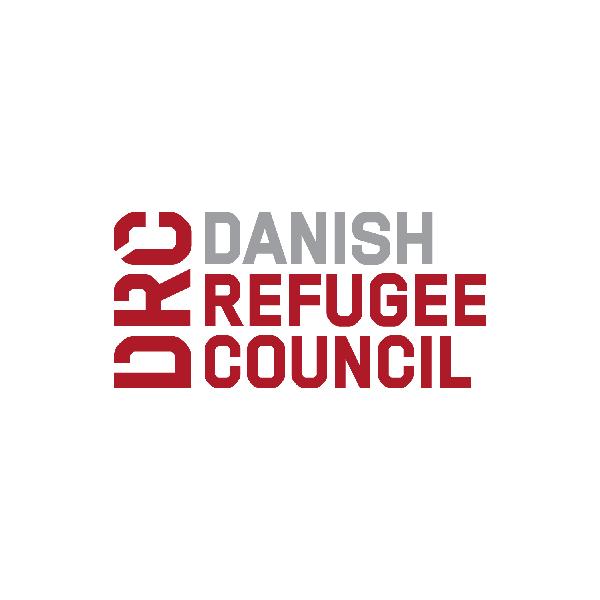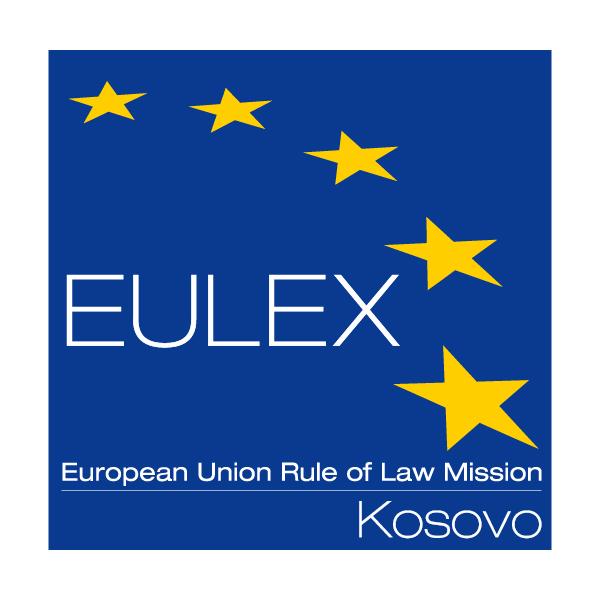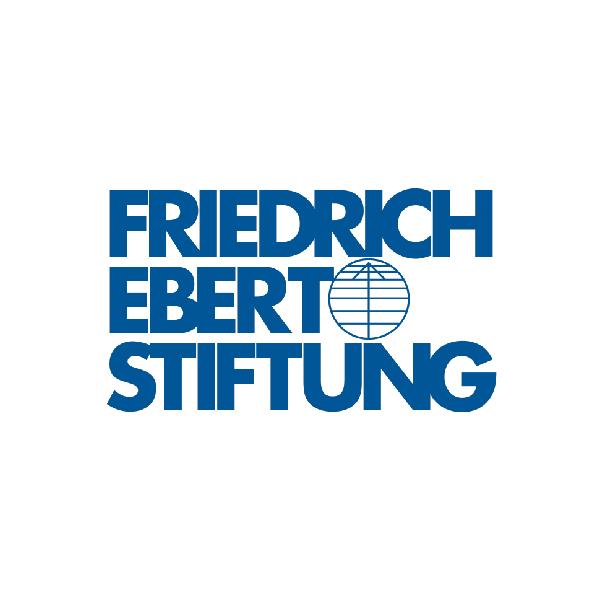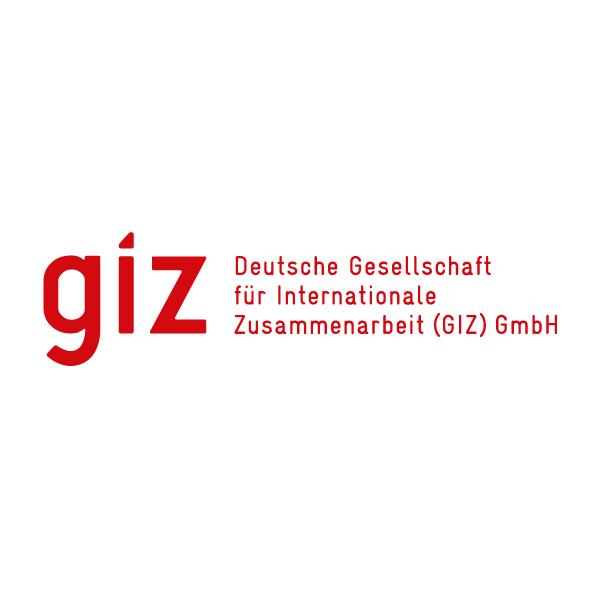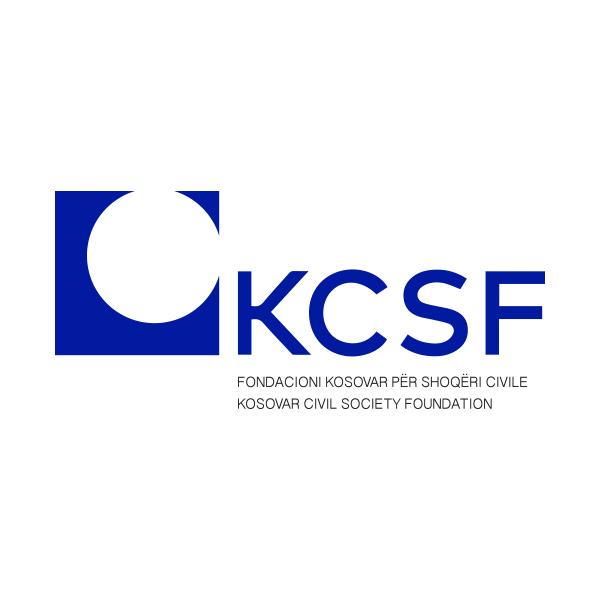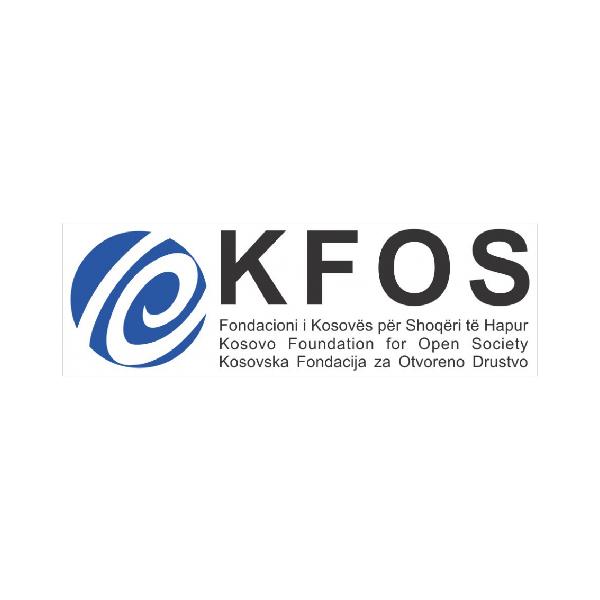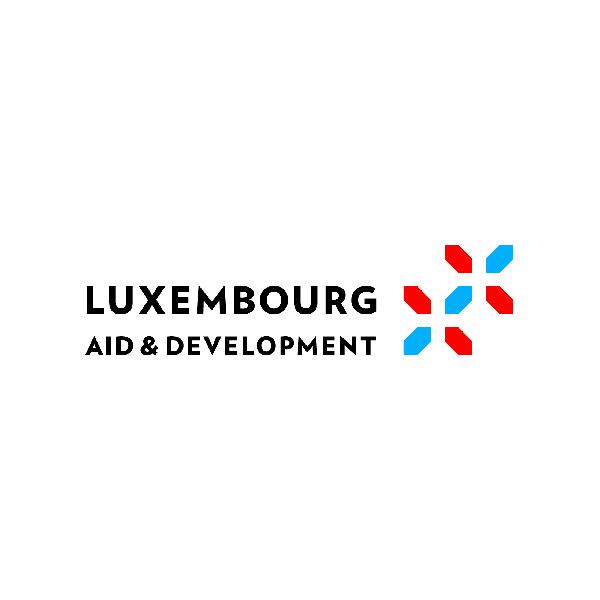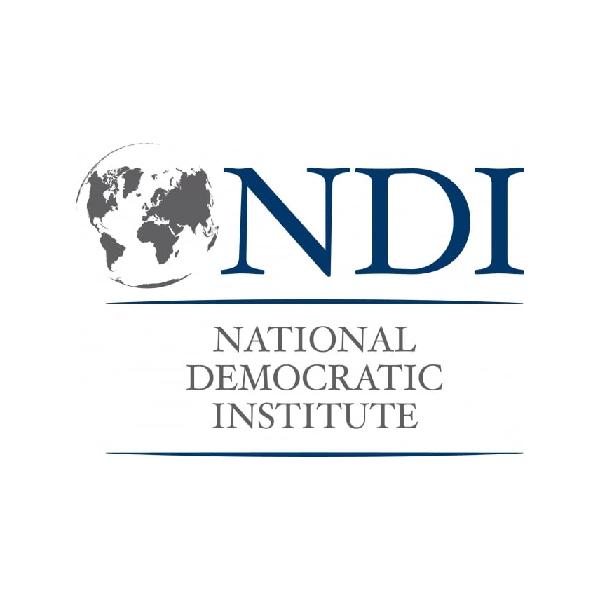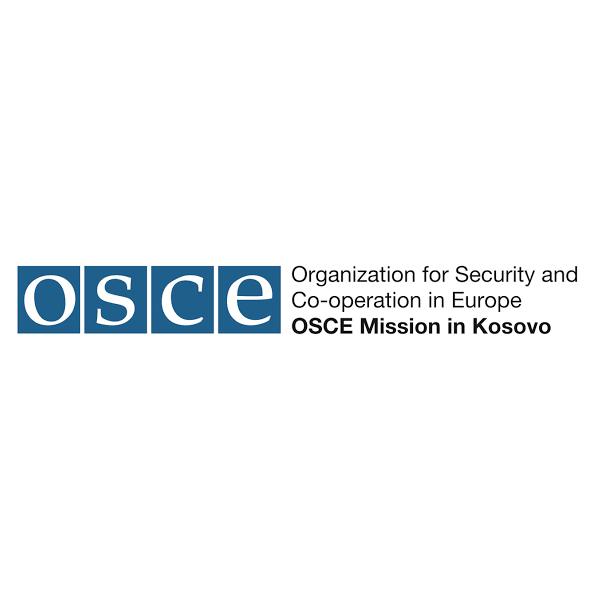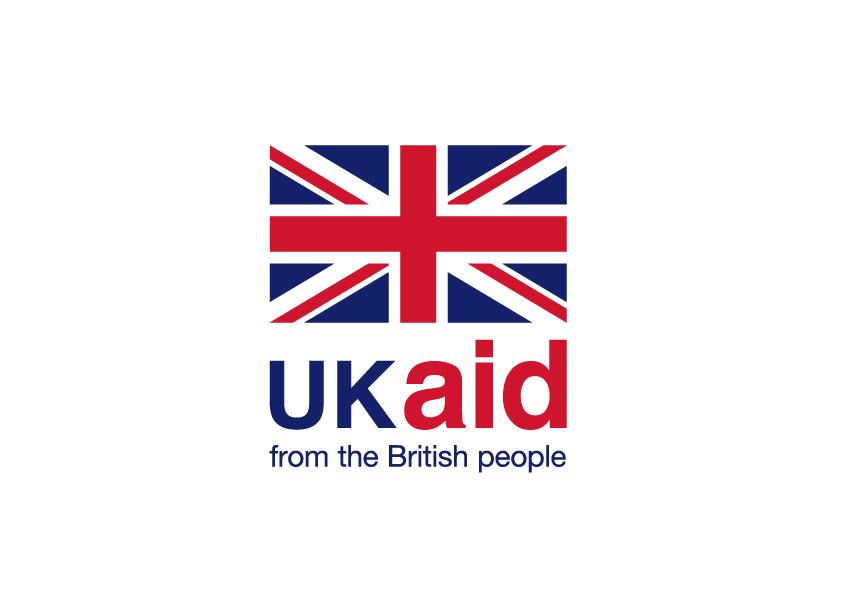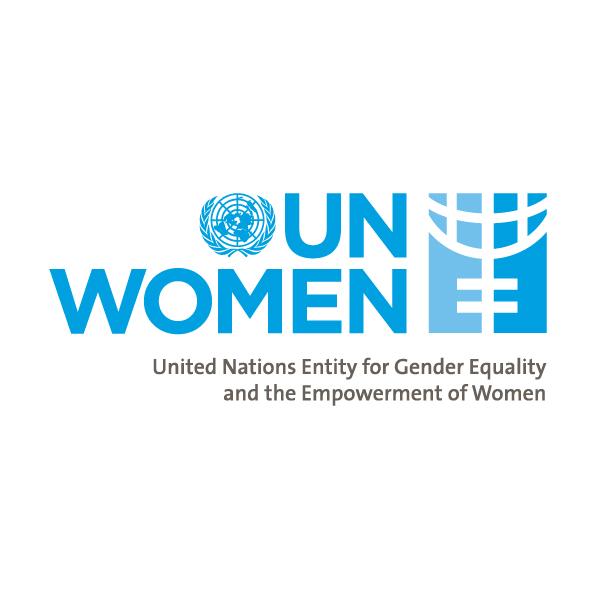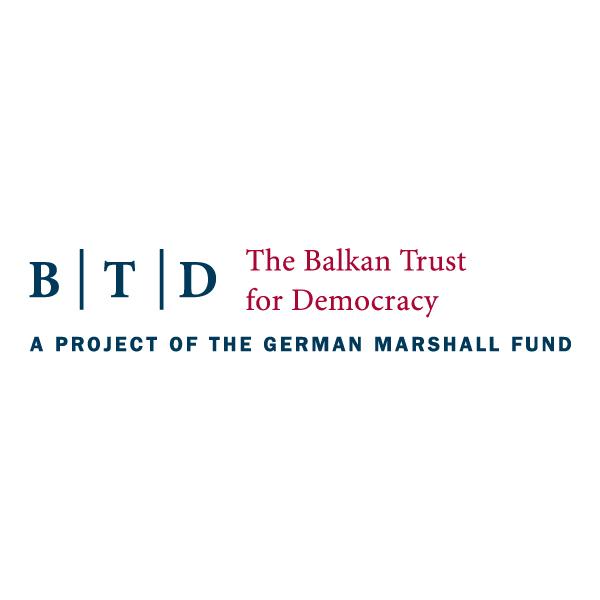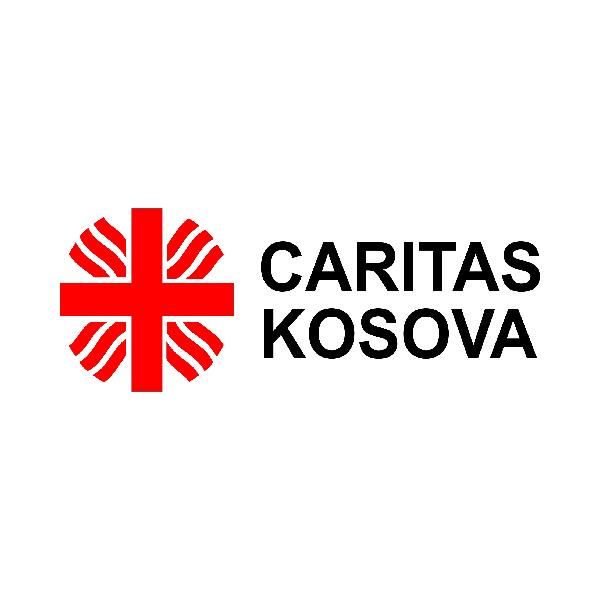When Baroness Catherine Ashton and Serbian and Kosovo Prime Ministers Ivica Dačić and Hashim Thaçi signed the first agreement between Belgrade and Priština/Prishtine on April 19, 2013, in Brussels, after that nothing was the same in northern Kosovo, writes Milivoje Mihajlović.
 The “biggest result” of the Brussels agreement was the formation of the Association of Serbian Municipalities (ASM). At least that is how the Agreement was presented to the Serbian public, in which the first six points refer to the formation of the Community / Association of Serb Municipalities in which Serbs make up the majority population, which should have a statute, a president, a vice president, an assembly… and full oversight of economic development, education, health, urbanism, and rural development, as well as other competencies that can be delegated to it by the central government …
The “biggest result” of the Brussels agreement was the formation of the Association of Serbian Municipalities (ASM). At least that is how the Agreement was presented to the Serbian public, in which the first six points refer to the formation of the Community / Association of Serb Municipalities in which Serbs make up the majority population, which should have a statute, a president, a vice president, an assembly… and full oversight of economic development, education, health, urbanism, and rural development, as well as other competencies that can be delegated to it by the central government …
The second part of the Agreement regulates the “surrender” of the remnants of the Serbian MUP police force (in Kosovo) to the authorities in Priština/Prishtine (existence of a regional police chief for four municipalities in northern Kosovo), while the third part of this document refers to the integration of the judicial system from northern Kosovo into Kosovo’s justice system. The fourth part of the agreement also specifies that the electoral system functions according to Kosovo laws … In the rest of the document, the two sides pledged to “intensify talks on energy and telecommunications” and not to “block” each other “on the road to the European Union”. The Government and the Assembly of Serbia supported this Brussels Agreement.
In November and December 2013, local elections were held in municipalities in northern Kosovo, under Kosovo law. Belgrade actively participated in the pre-election and election process. The Serbian gendarmerie, in plain clothes, “helped” (despite breaking ballot boxes, tensions, suppressing the boycott …) to hold the elections.
Then “the Serbian judiciary passed into the hands of Priština/Prishtine.” Tomislav Nikolić, the then president of Serbia, claimed that the Brussels agreement was in accordance with the Serbian Constitution, and the Serbian Constitutional Court rejected the proposal to assess the constitutionality and legality of the Brussels agreement, noting that it was a “political document” and a “legally non-binding act”.
ASM thus became the most lasting spin in the political life of Serbia. In Priština/Prishtine, they dragged the Agreement on association (and still drag it) through the labyrinth of Kosovo regulations, through the Constitution, with countless excuses, manipulations … Kosovo Albanian politicians, some in whispers, some loudly, responded to the creation of the Community / Association unanimously: “Association nuk kalon”.
Kosovo Prime Minister Albin Kurti claims that the ASM will not happen and that he wants to reset the Brussels Agreement. Western politicians shyly warn that everything agreed in Brussels should be implemented. And on with the back and forth… for a full eight years.
The main point of the “dispute” is whether the ASM will have executive or legislative power. Belgrade would like it to be the “embryo” of preserving the North of Kosovo, and Priština/Prishtine would like the ASM to have the strength and status of, say, the Association of Fishermen.
For now, however, the ASM is only a “topic” that serves for new disputes, for strengthening negotiating positions before each meeting in Brussels, in which both sides go with “leaden feet”. Priština/Prishtine managed to “sell” the Association (as an illusion) to Serbs from Kosovo several times. For the first time – to participate in local elections under Kosovo law. The second time – when it integrated members of the Serbian MUP into the Kosovo police system. The third time – when the judiciary in the North became part of the judicial system of Kosovo. The fourth time – by handing over the power grid system. For the fifth time, ASM was included in the “price” of handing over telecommunications…
ASM is part of an imaginary game. It exists as much as it is the topic in public, it also exists on paper. Although the ASM does not seem to have any contact with reality, it is a trump card for blackmail on both sides. In response to claims from Priština/Prishtine that “there is no talk of forming a ASM”, Belgrade threatened that “resetting the Brussels agreement” could turn into a boycott of Serbs from the north. The very thought that Serbs are boycotting the Kosovo elections, or interrupting the work of the judiciary, or overthrowing the Government of Kosovo – returns the situation to the beginning. In a way, the Srpska lista is the political body of the Association, and political stability depends on its “cooperation” with the Kosovo government. It sounds like a paradox, but Priština/Prishtine needs the ASM more than Belgrade does. The authorities in Serbia, with the participation of Serbs in the Kosovo elections, gained a strong influence in the Kosovo government (in several governments even a decisive influence). On the other hand, it is clear that with the formation of the ASM, both would lose the topic of dispute and would have to turn to the right, concrete (and painful) moves to build stability. Perhaps it is more important for Kosovo Albanian politicians to have a topic on which to argue with Belgrade than to get a ASM that will finalize the integration of the North, and thus end the process of essentially “rounding off Kosovo’s statehood.”
Or could it be that both sides keep the ASM as the last argument when (and if) the international community forces them to sign a final agreement.
The international community (whatever that term means) treats this topic only as an instrument of (mild) pressure on both sides, with the already domesticated phrase that “the Brussels agreement should be implemented.” It is a separate story that all three parties (Belgrade, Priština/Prishtine and the so-called international community) still do not speak about the ASM either concretely (in terms of form, authority, organizational structure) or sincerely (in terms of purpose and importance). So, all three sides use the Association of Serbian Municipalities only as a topic that exhausts the public, prolongs the agony and keeps “participants in this Kosovo battle” in the trenches.
At one time, the topic of ASM was cut off from the public. For several years, the public (and politicians) were obsessed with the idea of “dividing” Kosovo. The protagonists and conspirators of the “division”, above all the Serbian and Kosovo presidents Aleksandar Vučić and Hashim Thaçi, encountered unexpectedly sharp reactions in the public. The topics of the division of Kosovo, as well as the Association, significantly influenced Thaçi’s loss of power in Kosovo after two decades of rule. And when, seemingly, the idea of “dividing Kosovo” was put into action – the story of the Association became relevant again.
Although it was conceived as a mechanism for the protection and political organization of the Serb population in Kosovo (within the Kosovo legal and political system), the ASM was not formed, regardless of the fact that five prime ministers, two male and one female president changed in Priština/Prishtine.
The founding document – the Statute, has not yet been on the table, although this document has been “worked on” for eight years.
It is interesting that the argument for not forming the ASM is most often that “it is not completely in accordance with the Constitution of Kosovo.” But it is mostly kept silent that it is not in accordance with the Constitution of Serbia either.
The Preamble of the Constitution states that “Kosovo and Metohija is part of Serbia.” Meticulous lawyers will find dozens of violations of the Serbian Constitution in the Brussels agreement, related to the ASM. It is paradoxical that the interests of Serbs in their own state (on the territory that is under the protectorate of the United Nations) are protected by the ASM (whose form is not recognized by the Serbian Constitution or laws).
Serbian politicians from the ruling set repeat that ASM is “the best offer that Belgrade could get”. But, Belgrade could have also rejected that offer.
The Association is, obviously, a powerful instrument in the vicious circle of power. It (the Association) was a compensation to “drag” the North of Kosovo under the cap of Kosovo’s “statehood”, to eliminate the so-called “parallel institutions”, to create the illusion of peace and a surrogate of political harmony. There is also a quiet “dispute” in the public about the number of municipalities that should join the ASM. For now, it is 10 municipalities with a majority Serb population. But in Priština/Prishtine, they do not hide that they would prefer the ASM (if it already has to exist) to include only four municipalities in the North. In Belgrade, they think that a municipality should be formed in Serb areas in central Kosovo, which would include the territory of Plemetina/Pllemetina, Prilužje/Prilluzhje, villages near Vučitrn/Vushtrri and Obilić/Obilliq … And it would, no doubt, be included in the ASM.
As long as it is heard from Priština/Prishtine that “there is no Association before the final solution”, and from Belgrade that “there is no final solution without the Association”, it is clear that there will be no Association or final solution for a long time.


